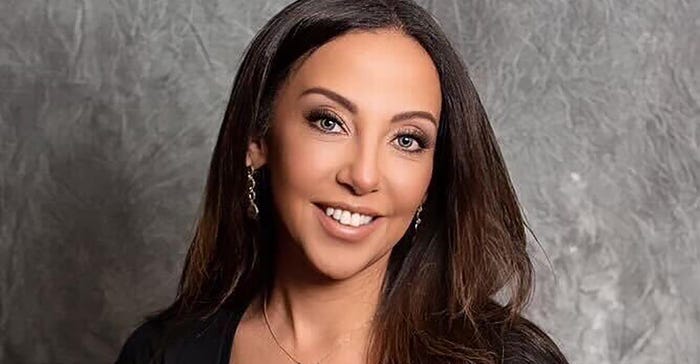Sponsored By
Career Moves
Dynasty Financial Partners CEO Shirl Penney
Career Moves
Dynasty Snags $900M Chicago Team, Including CIBC AlumsDynasty Snags $900M Chicago Team, Including CIBC Alums
XXI Wealth’s clients include athletes and business professionals and have “extensive operational backgrounds,” according to Dynasty CEO Shirl Penney.











































